Here are a few of the highlights: SHOWNOTES
-
-
- Who Is Stan Tatkin? [1:00]
- Info On Stan’s New Book ‘We Do’ [4:00]
- Going From Me To We Is Not About Codependency [6:00]
- What is PACT & Psychobiology? [10:00]
- Questions You Need To Ask Yourself If You Had a “Great” Childhood [19:00]
- Allostatic Load And The Intersection Between Health and Security [24:00]
- How To Start Hard A Conversation [34:00]
- A Psychobiological Look At Emotions & Hormones [41:00]
- Listener Question: How Responsible Are We For Our Partner’s Feelings? [49:00]
- Listener Question: How Does Stan Address Sexual Desire Discrepancies? [55:00]
-
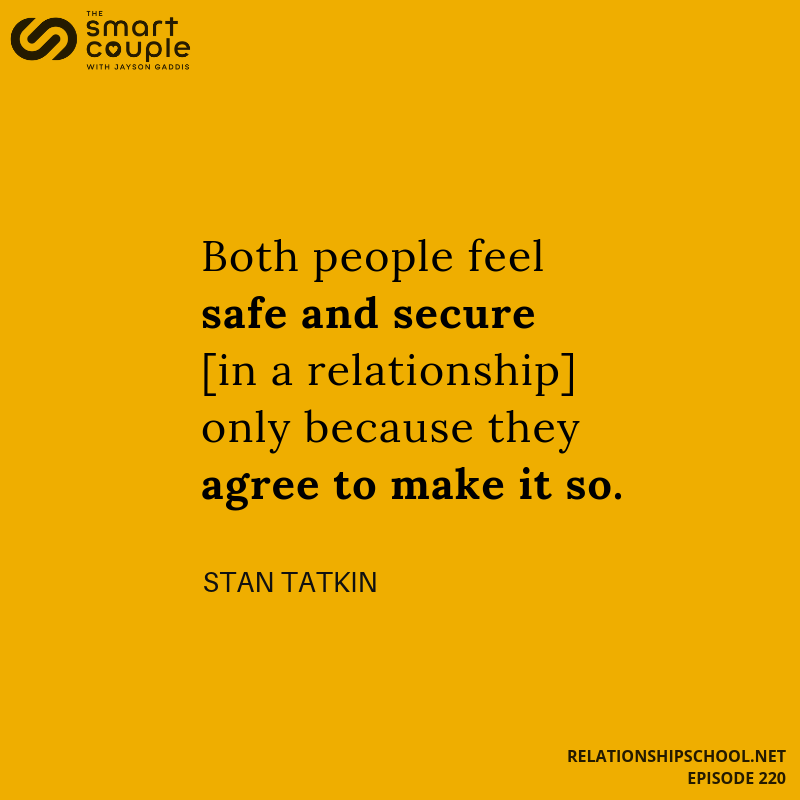 HELPFUL LINKS
HELPFUL LINKS
- RSVP For A Special Lunchtime Webinar On Sex & Interactive Regulation with Stan Tatkin
- We Do: Saying Yes to a Relationship of Depth, True Connection, and Enduring Love
- How To Feel Safe & Secure With Your Partner with Stan Tatkin – SC 53
- How To Deal With An Avoidant Partner & Interpersonal Stress – Stan Tatkin – SC 104
- The PACT Institute
- Stan’s Website
- Wired for Love in Costa Rica
- Relationship School’s® Survey
- Smart Couple Facebook Group
- Roots Community
- Get the Smart Couple Quote Book
- The Relationship School®
- Facebook – Jayson Gaddis Fan Page
- How to Leave A Podcast Review
A Special Lunchtime Webinar On Sex & Interactive Regulation
With Stan Tatkin, PysD
– Wednesday, December 5th at Noon MT, 2pm ET –
We’re going to be talking about:
• Sex! What’s normal, expected, and how to have a great sex life • Creating a shared vision for your relationship (which is the key to a solid foundation) • Tools to prevent blowouts and problems with miscommunication • Examples of healthy and unhealthy interactions (sometimes the nuance can be very small, but the impact can be huge) • A few exercises you can bring into your partnership to develop a greater sense of intimacy and security • How to create a win-win outcome from conflict (stop playing win-lose!) Plus…
• Jayson will ask Stan YOUR questions about YOUR unique situation live
GUEST BIO
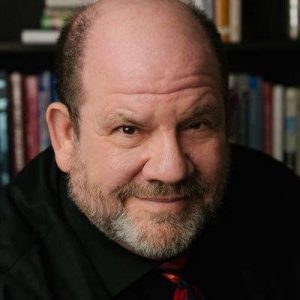




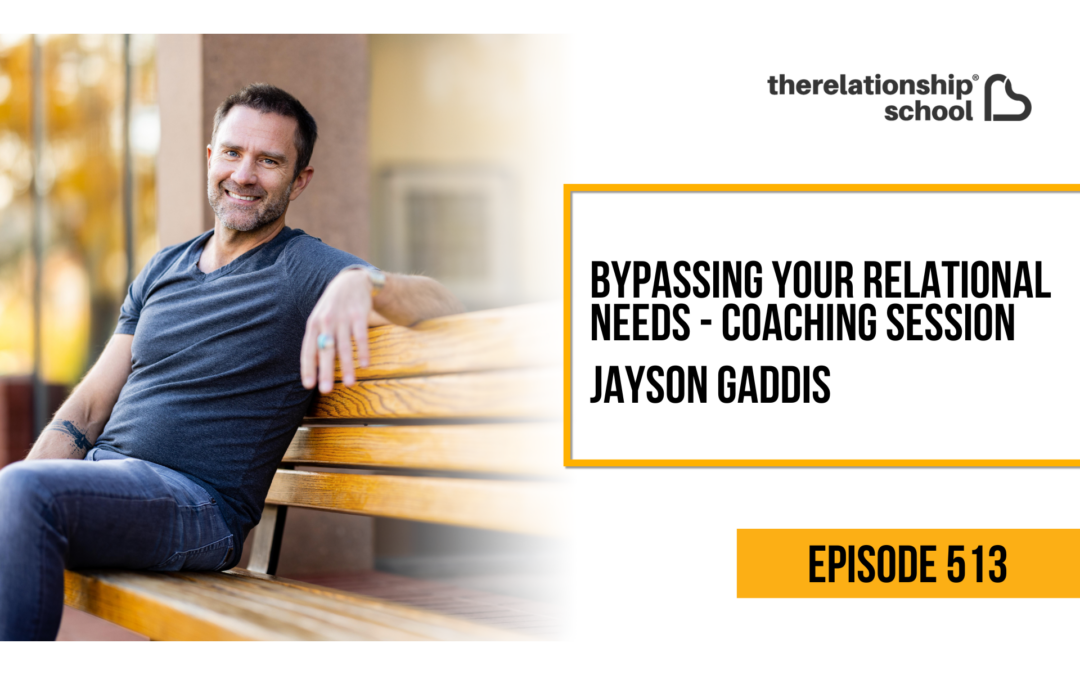
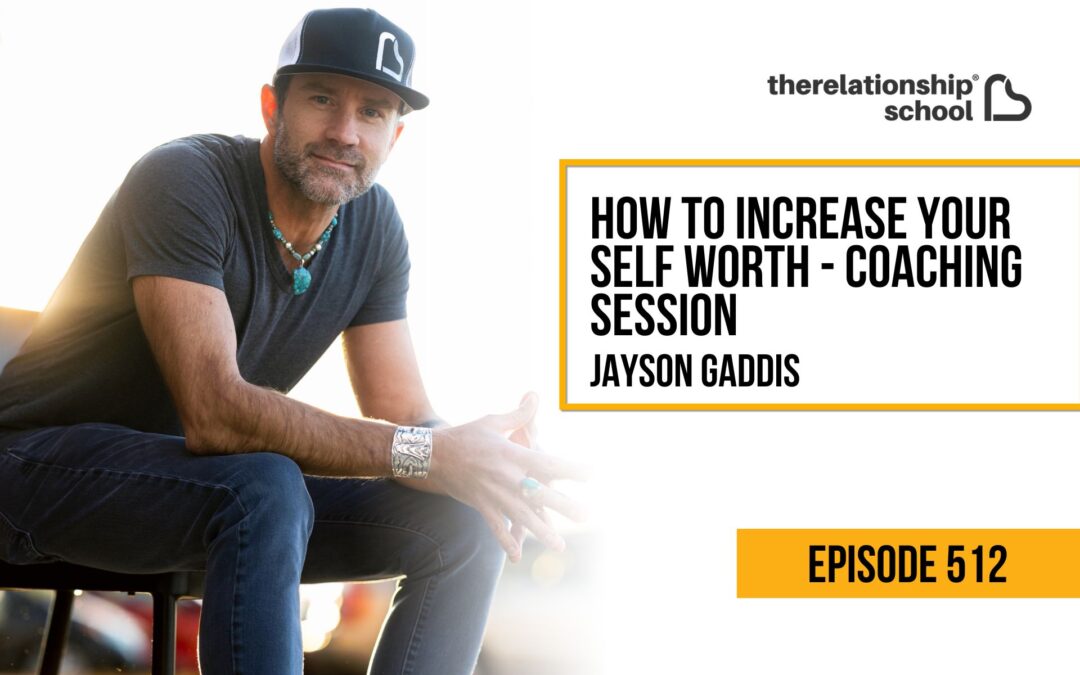
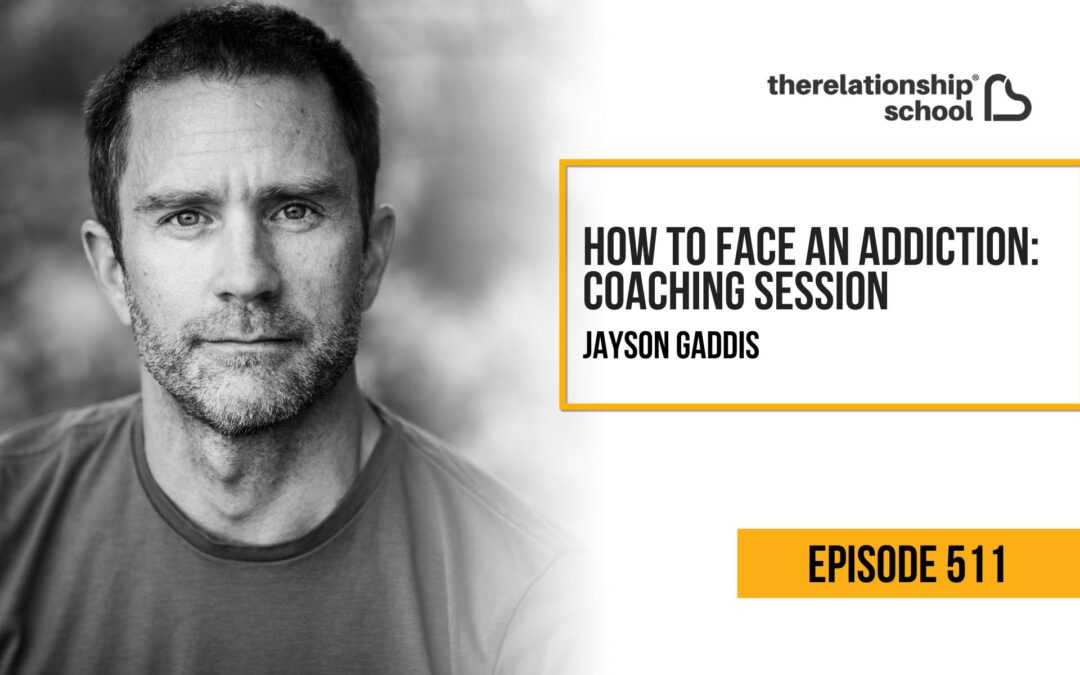
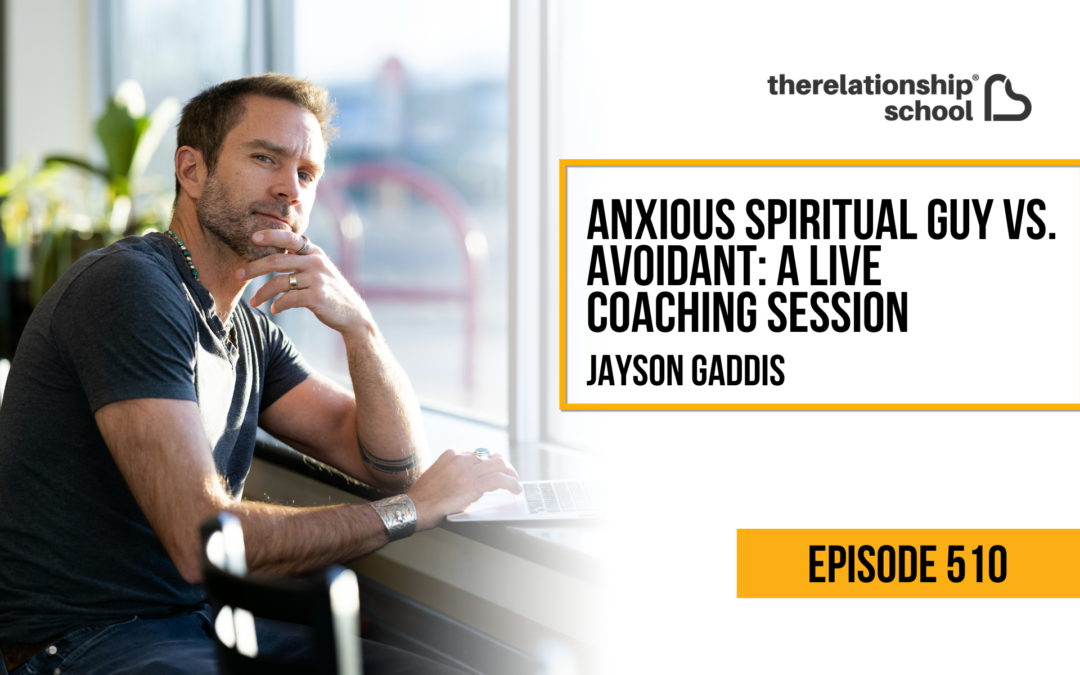
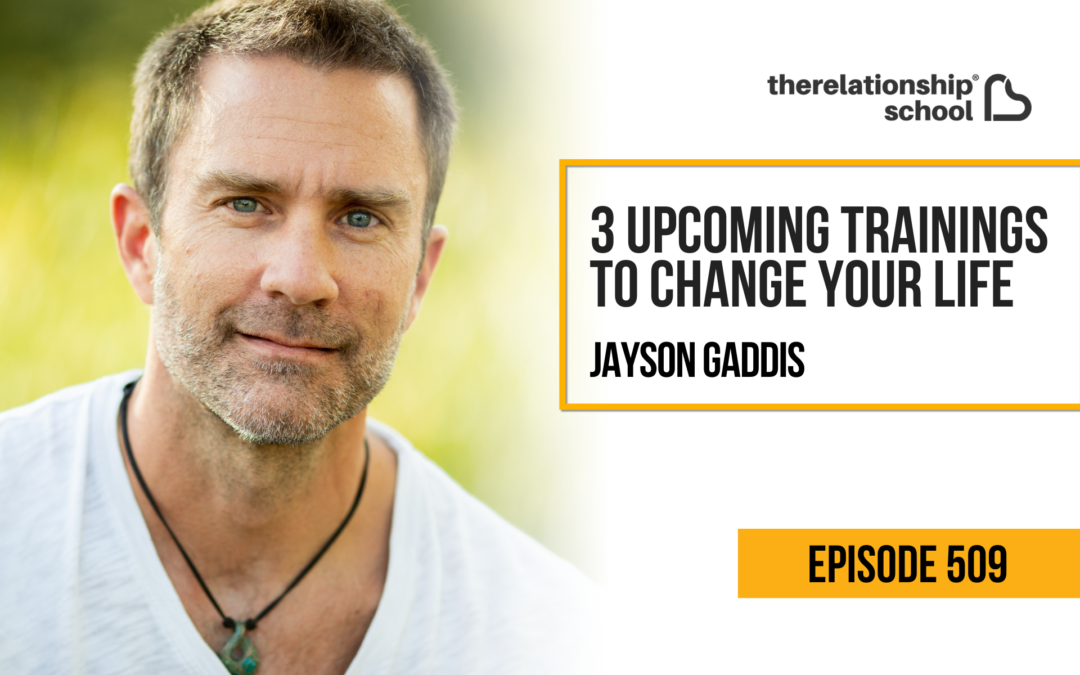









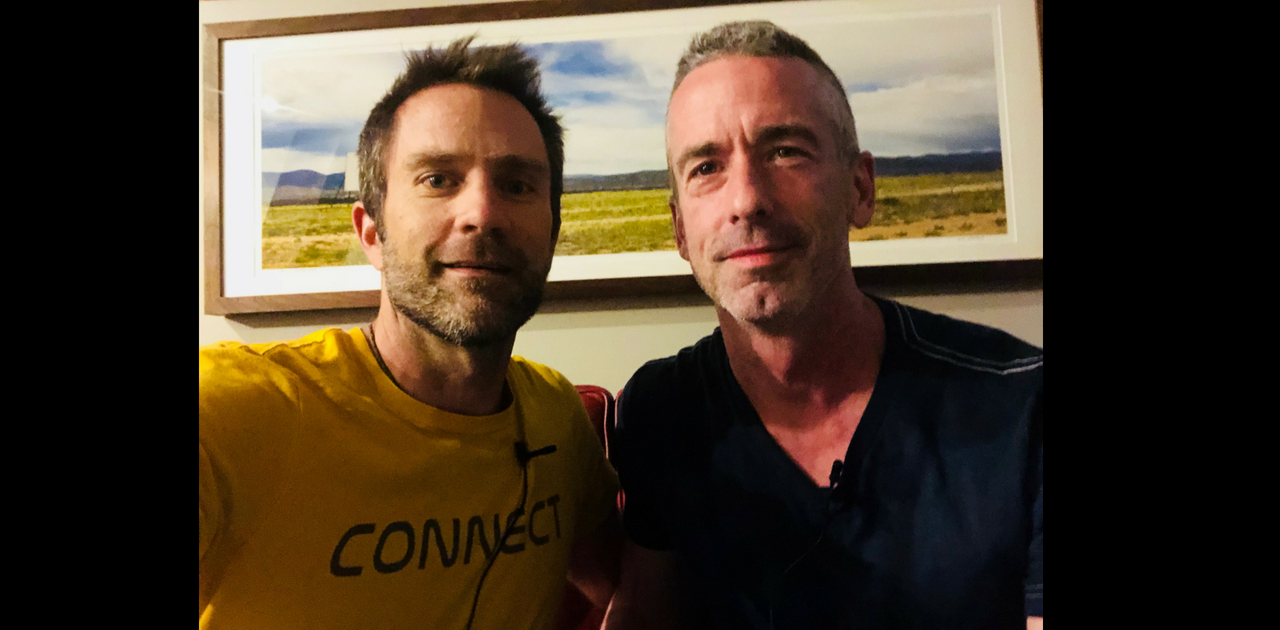

I didn’t get Stan at first when I started hearing his interviews with his publisher, Sounds True. Now I realize that he’s talking about safety of having all our needs met in our relationship, including autonomy. As one of you said, If you are trapped, that’s not safe.
You were talking about safety in childhood as if it always depends on the family.
My family was above average, so I had more resiliency factors than any trauma caused by family. I did however, have some very early traumatizing experiences, strengthened by others later caused by medical procedures. 1st, I was born with forceps, which was traumatic enough to leave bruises on my newborn head. Then I was circumcised. I saw a baby being circumcised when I was in nursing school. It is very traumatizing. At tree months old, I had a hernia operation, which might have something to do with the forceps delivery. Back then, doctors didn’t think infants could feel pain so only a paralytic is used with no other anesthesia… That must have been extremely traumatizing to me as an infant. Because of that trauma, I was a sickly kid and ended up with hospital stays at a time when family was not allowed to stay with their kids.. How about that for lack of safety? Once a kid is traumatized, he finds himself getting in trouble for things he doesn’t even know he did because of dissociation, and doesn’t hear what adults say to him because his brain is not attuned to the human voice when he is in that state.
Awesome show. Thanks and Happy holidays.
hey Rich, thanks for sharing all that. I agree it sounds incredibly traumatizing to an infant, and I imagine introjected unconsciously at a very young age. I’m glad you’re aware of these occurrences and working with the dissociation and are learning to attune your nervous system and heal the trauma on the levels available to us psychotherapeutically. Thank you for sharing and listening, we appreciate it.